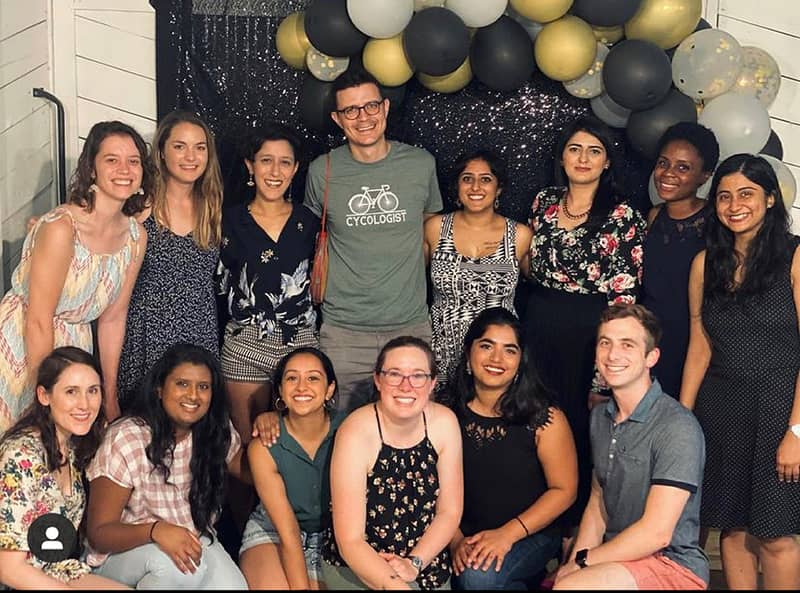Vision
The Section of Child and Adolescent Psychiatry at Tulane University meaningfully improves the mental health and well-being of children and their families and actively works to dismantle systems of oppression.
Mission
Tulane Child and Adolescent Psychiatry is dedicated to the discovery (research), dissemination (teaching and training) and application (advocacy and policy) of knowledge to promote the mental health and well-being of children and adolescents locally, regionally, nationally, and internationally. We are committed to providing and conveying through training the highest standards of clinical care for children and families, including assessment, prevention and treatment. In all of these endeavors, we respect all persons, appreciate diverse cultures, and recognize the essential role of families in the healthy development of children.
Values
In order to fulfill our mission and vision, Tulane Child and Adolescent Psychiatry adopts the Tulane School of Medicine diversity statement and Graduate Medical Education commitment statement as integral to providing a diverse, equitable and inclusive learning and working environment. In addition, we actively work to dismantle systems of oppression through our service, training, research, and advocacy efforts and embrace the following values:
-Appreciation of historical context: We humbly acknowledge and value the indigenous peoples who occupied the land where we now live and work. We further recognize and value the labor of enslaved peoples, primarily of African descent, who built much of the early university.
-Respect: We respect the humanity of the people we serve as well as each individual’s inherent expertise in their individual experiences as well as their cultural background.
-Cultural humility: We remain conscious of the ongoing need to examine our own privileges, biases, and assumptions about diverse individuals, recognize the responsibility of caring for others, and commit to engaging in a lifelong process of self-examination in order to identify and address these issues.
-Representation: We believe that having a section that includes staff, trainees, and faculty members who are representative of the people we serve is vital to delivering excellent and innovative care and training.
-Culturally responsive practice: We are aware of the need to evaluate many existing established evidence-based practices in ethnic minority children to enhance our confidence in their usefulness. With this awareness, we must work actively to identify and develop innovative practices that are both effective and inclusive of the unique characteristics of individuals and cultures.
Our Commitment to Diversity, Equity and Inclusion
The Tulane Child and Adolescent Psychiatry Section will foster the development of knowledge, skills, and professional practices in faculty, staff, trainees and students that:
- Adhere to the highest ethical standards.
- Acknowledge the disparities that exist in the ability of Black, Indigenous and People of Color (BIPOC) to access excellent mental health care; the history of exploitative research using communities of color; and the traumatic impacts of systemic racism, sexism, homophobia, and associated oppression;
- Are committed to sustainable change, particularly for communities with a history of inequitable health care, inequitable political representation and inaccurate overrepresentation in some mental health diagnoses;
- Enhance critical thinking and the generation, evaluation, and application of research findings with an intentional focus on equitable representation of populations within research endeavors;
- Encourage the use of prevention strategies and evidence-based treatment modalities that are attuned to the unique needs and inherent strengths of diverse individuals, families, and community systems;
- Emphasize effective culturally-responsive approaches to individual and community challenges including trauma, disasters, and health disparities.
- Foster collaborative interdisciplinary approaches in direct care and the interface of systems;
- Promote clinical, academic and/or administrative leadership development among staff, trainees, and faculty members from underrepresented and marginalized groups.

